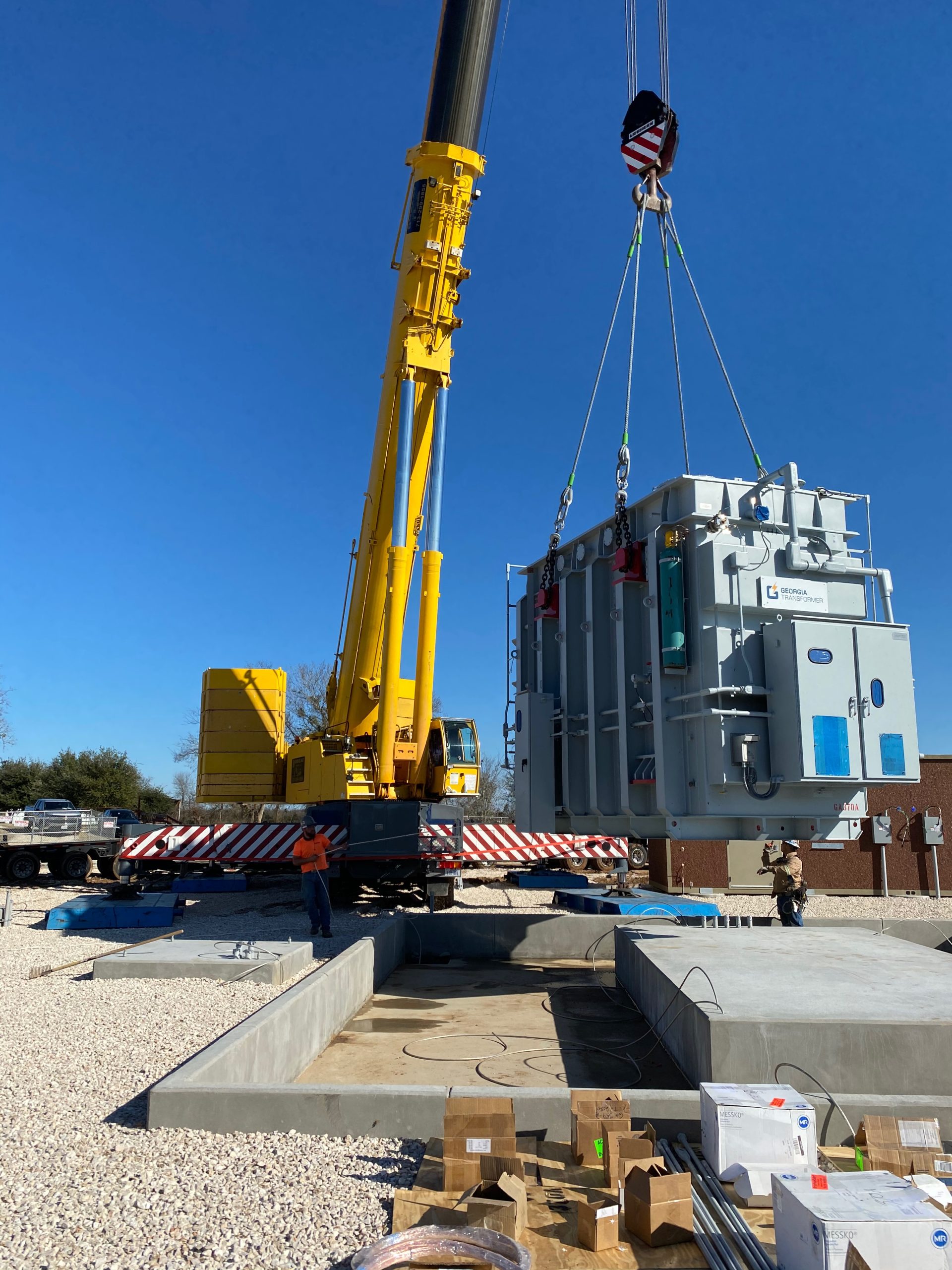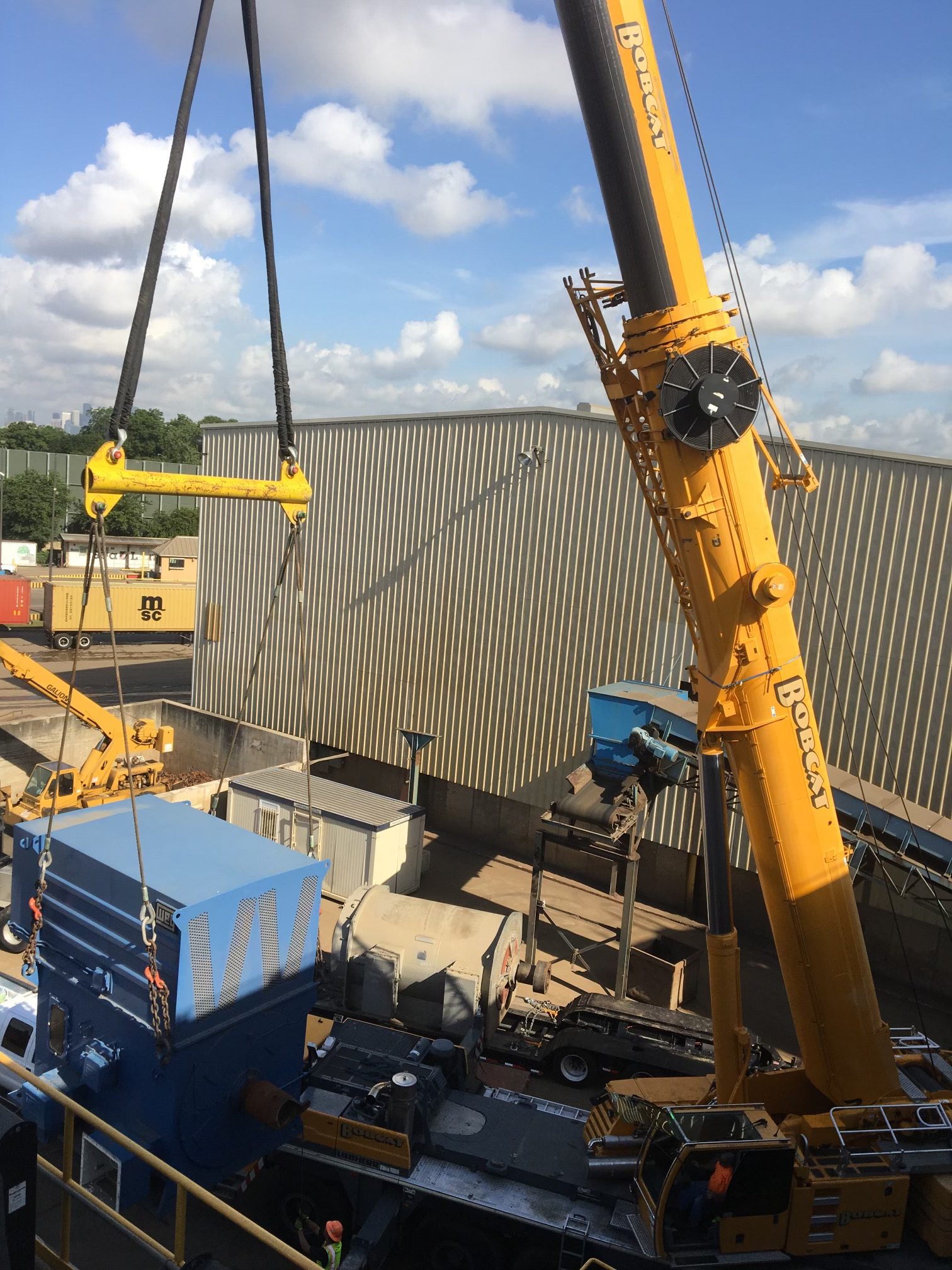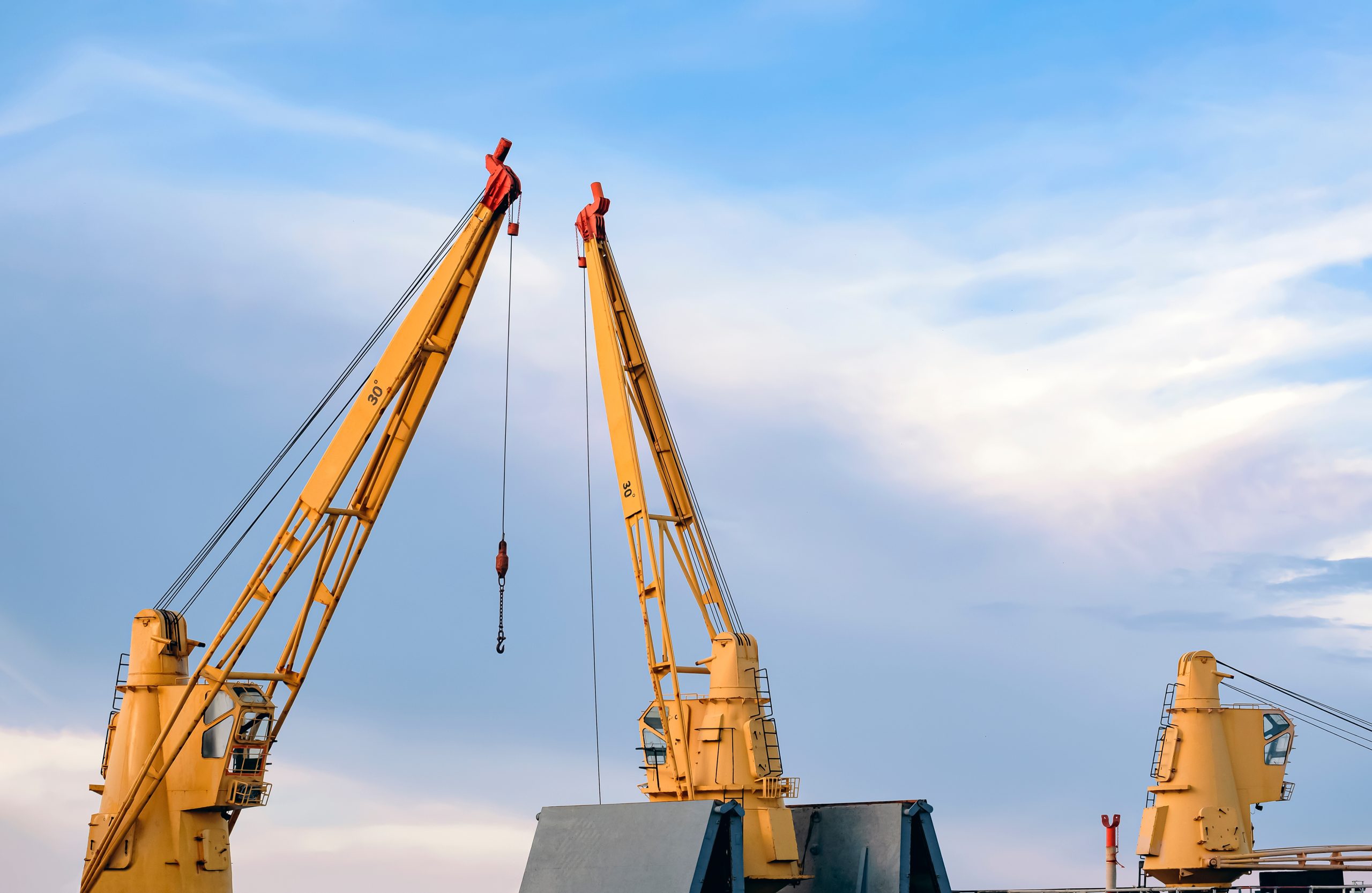
Renting a crane allows you to handle heavy lifting and positioning, essential for building and industrial work. Before renting, it’s important to assess key factors like your project’s requirements, safety compliance, and budget for smooth operation. Here are the essential considerations to help you choose the right crane rental in Bryan or College Station, TX.
Identify Your Project Requirements
The first step in renting a crane is to identify your project’s specific needs. This includes understanding the size and scope of your construction work, the weight and dimensions of the materials to be lifted, and the height or reach required for the tasks. For example, a high-rise construction will demand a crane with greater height and lifting capacity compared to a smaller residential project.
Consider the frequency and duration of crane use on your site as well. Short-term rentals may benefit from flexible daily or weekly rates, while long-term projects might require negotiated monthly agreements. Accurate project planning helps avoid renting equipment that is either overqualified (leading to unnecessary costs) or underqualified (causing operational delays or safety risks).
Evaluate Safety Measures and Certifications
Safety is a top priority when dealing with cranes. Ensure that any crane you rent meets all necessary safety certifications and industry standards. Check that the rental company regularly inspects and maintains its cranes to prevent malfunctions or accidents.
Additionally, confirm that your operators are properly trained and certified to handle the specific type of crane you plan to rent. Some cranes require specialized skills due to their size or complexity. Confirming these credentials minimizes risks and helps maintain a safe working environment for everyone on site.
Consider Crane Types and Technical Specifications
There are several types of cranes, each designed for different purposes. Selecting the right crane type depends heavily on your project’s operational requirements. Common types include:
- Mobile cranes: Versatile and easy to move around, suitable for general construction.
- Tower cranes: Ideal for high-rise buildings due to their height and lifting capacity.
- Crawler cranes: Equipped with tracks, these are stable and suited for rough or uneven terrain.
- Truck-mounted cranes: Good for projects that require mobility over roads.
Alongside type, focus on specifications such as load capacity, boom length, reach, and rotation. The crane’s technical specs must align with the material handling demands of your project. Misjudging these can result in inefficient operation or safety hazards.
Understand Rental Terms and Conditions
Before signing any rental agreement, thoroughly review the terms and conditions. Understand the pricing structure—whether it’s based on hourly, daily, weekly, or monthly rates—and inquire about any additional fees like delivery, setup, or operator charges.
Check the liability coverage and insurance policies to know who is responsible in case of damage or accidents. Also, clarify the procedures for cancellations, extensions, and maintenance support during the rental period. Having transparent and detailed rental agreements prevents misunderstandings and costly surprises.
Plan for Site Preparation and Logistics
Proper site preparation is essential for smooth crane operations. Assess the ground conditions to ensure they can support the crane’s weight and movement. You might need to prepare a stable foundation or clear space to accommodate the crane’s setup and operation.
Logistics such as access routes for delivery and assembly must be considered. Cranes often require large transport vehicles, so ensure there are no restrictions on roads or site entrances. Coordination with other construction activities on site is also crucial to avoid conflicts and maintain workflow efficiency.
Budgeting and Cost Management for Crane Rentals
Managing costs effectively is vital when renting a crane. Beyond the base rental fee, there are several potential expenses that can impact your overall budget. These may include transportation and setup fees, operator charges, fuel costs, and possible overtime fees if your project runs longer than planned.
It’s important to get a detailed quote upfront and understand what is included or excluded in the rental price. Also, consider the cost benefits of renting the right crane size and type—using a crane that is too large or too small can increase expenses or reduce efficiency. Budgeting carefully and planning for contingencies will help keep your project financially on track.
Environmental and Regulatory Compliance
Construction projects often need to comply with local environmental regulations and zoning laws, especially when using heavy equipment like cranes. Before renting, verify that the crane meets emissions standards and noise regulations for your area.
Additionally, confirm that you have the necessary permits for crane operation on your site. Some locations require specific approvals for crane setup, operation hours, or lifting activities. Ensuring compliance with these rules prevents legal complications and project delays, allowing your construction to proceed smoothly and responsibly.
Coordination with Other Contractors and Project Stakeholders
Effective communication and coordination with other contractors and stakeholders on your construction site is crucial when planning crane rental and operation. The crane’s schedule and positioning can affect the work of electricians, plumbers, steelworkers, and other trades.
Make sure everyone involved is aware of the crane’s operating hours, movement zones, and safety protocols to avoid conflicts and downtime. Early coordination helps integrate the crane’s use into the overall project timeline, improving efficiency and minimizing risks of accidents or delays caused by overlapping activities.
Contact Bobcat Contracting for Crane Rentals in Bryan/College Station
Need a reliable crane rental in Bryan/College Station? Bobcat Contracting has you covered. We have a range of cranes to fit any project, backed by strict safety standards and expert support. Our team manages delivery and setup, letting you focus on getting the job done right. Contact Bobcat Contracting today for expert guidance and quality equipment.


